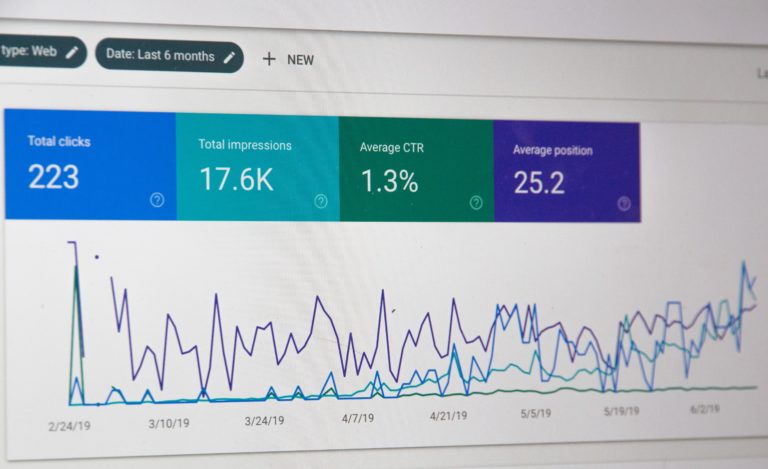Image credits: Karolina Grabowska
An eCommerce audit is an important step in ensuring that your online store is running smoothly and generating the most sales possible. But with so many different types of eCommerce audits, it can be difficult to know which one is right for your business.
In this article, we’ll take a look at 5 types of eCommerce audits – and why they matter.
Ecommerce Data Security Audits
An eCommerce data security audit is an important step in ensuring that your online store is protected against data breaches and other cyber threats. By identifying and addressing any vulnerabilities in your security system, you can help to keep your customers’ data safe and secure.
There are a number of different ways to conduct an eCommerce data security audit. One approach is to use a third-party security assessment service, which will review your system for vulnerabilities and suggest ways to improve your security. Alternatively, you can conduct your own audit by reviewing your security policies and procedures and testing your systems for weak spots.
No matter which approach you choose, it’s important to make sure that your eCommerce data security is up to date and compliant with industry best practices. By taking the time to audit your security system, you can help to protect your business and your customers from data breaches and other cyber threats.
Ecommerce Fraud Prevention Audits
Ecommerce fraud prevention audits are an important step in protecting your online store from fraudulent activities. By identifying and addressing any vulnerabilities in your security system, you can help to reduce the risk of fraud and protect your business’s bottom line.
There are a number of different factors that can make an online store vulnerable to fraud, including:
In order to protect your business from fraudulent activities, it is important to conduct regular eCommerce fraud prevention audits. By identifying any weaknesses in your security system, you can take steps to shore up your defences and reduce the risk of fraud.
Ecommerce Optimization Audits
An eCommerce optimization audit can help you identify and correct any issues that are affecting your online store’s performance. Common problems that can be identified and corrected with an optimization audit include:
– Inefficient or faulty design
– Slow page loading times
– Poorly organized or structured content
– Low conversion rates
An optimization audit can help you address these and other issues, resulting in a more efficient and profitable online store.
SEO Audits
An SEO audit is an essential part of any SEO campaign. An SEO audit can help you identify problems with your website that are preventing you from ranking high in the search engines. An SEO audit can also help you identify opportunities to improve your website’s SEO.
There are a number of different factors that you need to consider when performing an SEO audit. Some of the most important factors include the following:
– Website structure
– On-page optimization
– Link popularity
– Anchor text
– Webmaster tools
– Traffic analysis
Each of these factors is important for improving your website’s SEO. By auditing your website and addressing the problems and opportunities that are identified, you can see a significant improvement in your website’s search engine rankings.
Marketing Audits
Marketing audits are essential for ensuring that marketing campaigns are effective and compliant with relevant laws and regulations. Marketing audits can be performed on individual marketing campaigns, marketing channels, or the overall marketing strategy. They can assess the effectiveness of marketing communications, the ROI of marketing investments, and compliance with advertising laws and regulations. Marketing audits can help businesses optimize their marketing efforts and improve their bottom line.
Sales Audits
Sales audits are essential for ensuring that a company’s sales processes are running smoothly and efficiently. A sales audit can help identify areas where improvements can be made and can help optimize a company’s sales operations. There are a number of different types of sales audits, including process audits, performance audits, and compliance audits. Each of these audits is important for ensuring the efficiency and legality of a company’s sales operations.
How Often Should You Conduct An eCommerce Audit?
It’s important to conduct an eCommerce audit on a regular basis to ensure that your online store is running smoothly and generating the most sales possible. However, the frequency of your eCommerce audits will depend on the size and complexity of your store.
Here are a few guidelines to help you determine how often to audit your eCommerce store:
– If your store is small and simple, you can audit it every 6 months.
– If your store is medium-sized or has a complex checkout process, audit it every 3 months.
– If your store is large or has a very complex checkout process, audit it every month.









